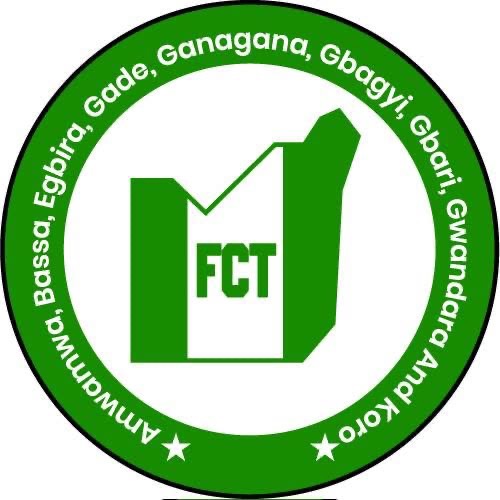
In the heart of Nigeria’s capital, where unity should reign and progress should shine as a national example, a silent disease continues to eat deep into the soul of its people — tribalism.
Across the Federal Capital Territory (FCT), what should be a model of national integration has instead become a battleground of ethnic sentiment, favoritism, and discrimination. From appointments to opportunities, merit and competence are often sidelined, leaving behind a legacy of underdevelopment and frustration among the original inhabitants of the territory.
Speaking to Chronicles Reporters, a civic advocate and political commentator, Uthman Dan Fodio, lamented how tribalism and nepotism have crippled the FCT’s potential.
“Tribalism has become the bedrock of division in our society,” he said. “It has destroyed unity, hindered progress, and made development almost impossible, especially in the FCT — the pride of the nation.”
He explained that rather than leadership being driven by vision, capacity, and integrity, it is now defined by identity — by “who you know” or “where you come from.”
“People are no longer appointed or supported based on their ability to deliver,” Fodio continued. “Instead, appointments and opportunities are shared according to tribal or religious affiliations.”
Despite decades of political representation, many FCT natives still feel left behind. Roads remain in poor condition, schools are underfunded, and young people struggle to find jobs. According to Fodio, even those who have held positions of influence — such as long-serving legislators and current federal appointees — have not done enough to transform the lives of their people.
“Let’s ask ourselves,” he said, “what visible impact have leaders like Senator Philip Aduda, Hon. Zaphaniah Bitrus Jisalo, Ango Abdullahi Suleiman, or Musa Dikko brought to our communities? Where are the jobs, the empowerment programs, the infrastructure we were promised?”
He challenged his fellow natives to move beyond tribal politics and demand accountability from their own, urging the youth and community leaders to prioritize performance over sentiment.
“If we are truly serious about change, we must start by holding our own people accountable,” he said firmly. “We cannot be afraid to question them. Development doesn’t know tribe; progress has no language. It only responds to action and sincerity.”
Fodio believes that the future of the FCT — and indeed Nigeria — depends on a new breed of leaders who are competent, unifying, and people-focused.
“As for me,” he declared, “I believe in competence and action, not tribal favoritism. We need leaders who can unite us and serve with sincerity of purpose.”
In conclusion, he expressed hope that emerging leaders like Alhaji Usman Yahaya would rise above the old politics of division to bring about genuine progress and unity to Gwagwalada and the entire FCT.
“May Alhaji Usman Yahaya succeed in his mission to bring progress and unity to our land, Bi’zinillahi,” he prayed.
As Abuja continues to expand, the question remains: Will the FCT ever overcome the shadow of tribalism and stand as the true symbol of unity it was meant to be?